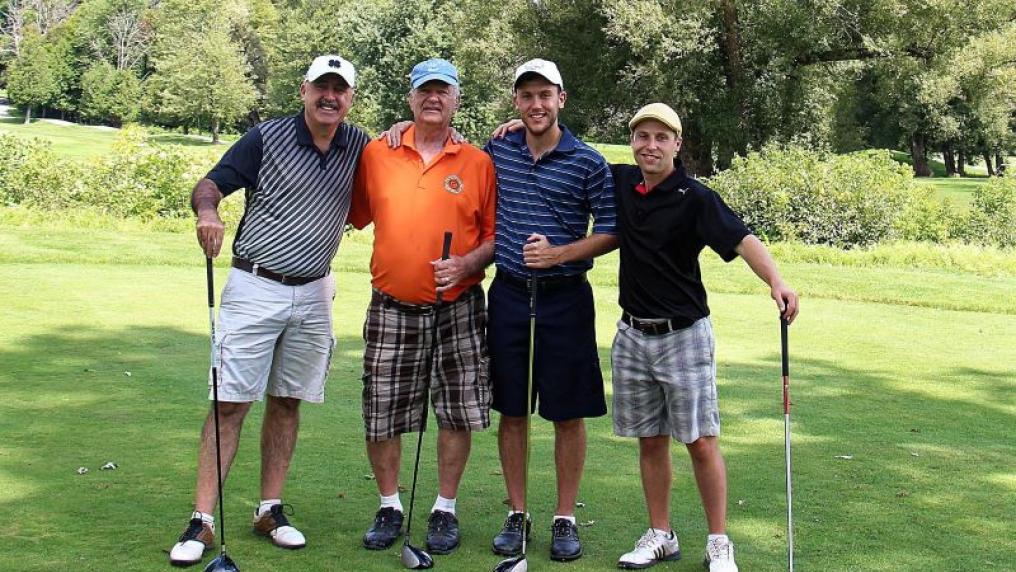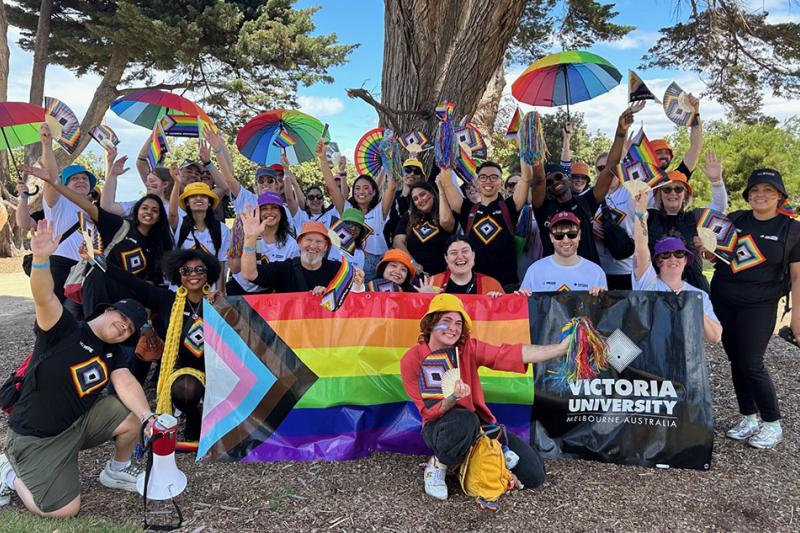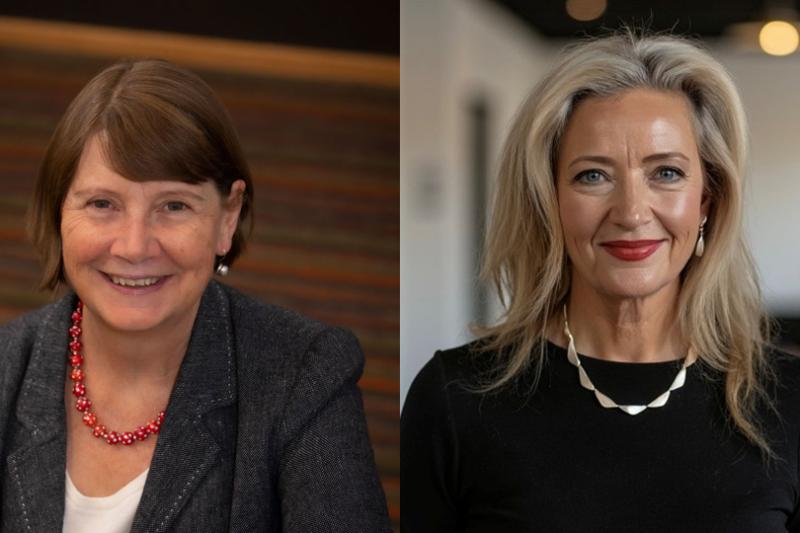Male players missed mental benefits of sport during COVID

A new study examining the impact of COVID-19 on community sport participants in Australia finds men reported much lower mental health when they stopped playing and training compared to women.
The survey of more than 2000 Australians showed men aged 18 to 29 were most affected, reporting the poorest general health and lowest life satisfaction when they compared their wellbeing before and during COVID lockdowns.
Older men stated that playing sport was their ‘men’s shed’, providing them with valued opportunities to connect with other men, not just on the field, green, or pitch, but socially and personally.
Lead researcher Professor Rochelle Eime said the findings showed the important social and psychological role community sport played for men.
“Some men talk to their club mates about things they don’t even tell their families or doctors.
"The study indicates that since sport clubs are an incredibly important setting for many men, clubs may need to pay particular attention to re-engage at-risk men who have experienced worse mental health from COVID restrictions, and who may have difficulty returning,” she said.
Many men still suffering
Dave Burt, founder of Sport & Life Training (SALT) – a non-profit organisation that works with sport clubs to build mental health resilience – agrees that COVID restrictions were a significant challenge for many men who value sport as a critical part of their lives.
Losing sport through COVID restrictions tended to magnify life’s other pressures, leading to suicide ideation at its most extreme, he added.
“During COVID, men in sporting environments lost their routines, their exercise, and their habit of interaction and being there for one another - inside and out of sport.”
He said even though restrictions have lifted, many men report they are still suffering.
“I don’t know a single man right now who says they are flourishing and things are back to where they should be.”
Dr Eime said community sport was often seen as something for children to play, but this research indicated it was also important for adults – physically, mentally and socially.
“Sport clubs need to ensure they have the capacity to rebound and that all individuals in those clubs – participants, volunteers, coaches and administrators – are given support and encouragement to return.”
The study, The impact of COVID-19 restrictions on perceived health and wellbeing of adult Australian sport and physical activity participants was published recently in BMC Public Health, and also included Federation and Flinders University researchers.



